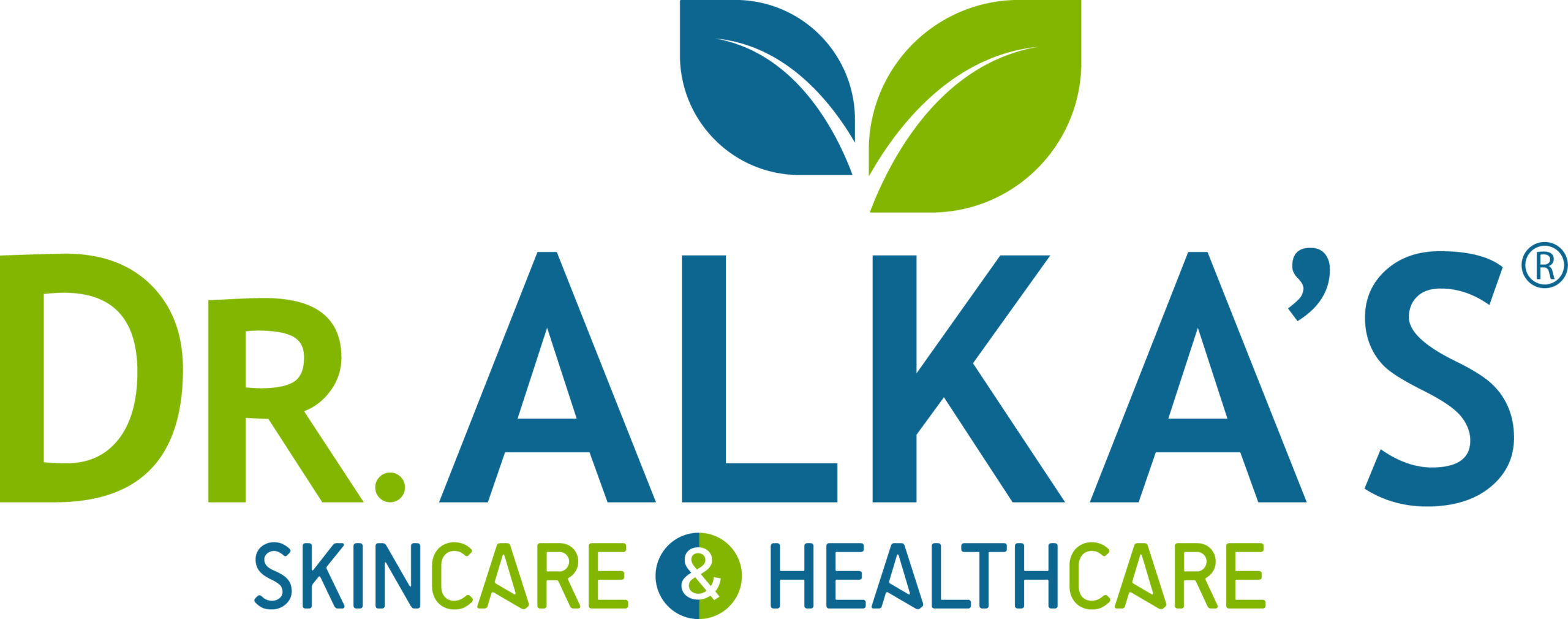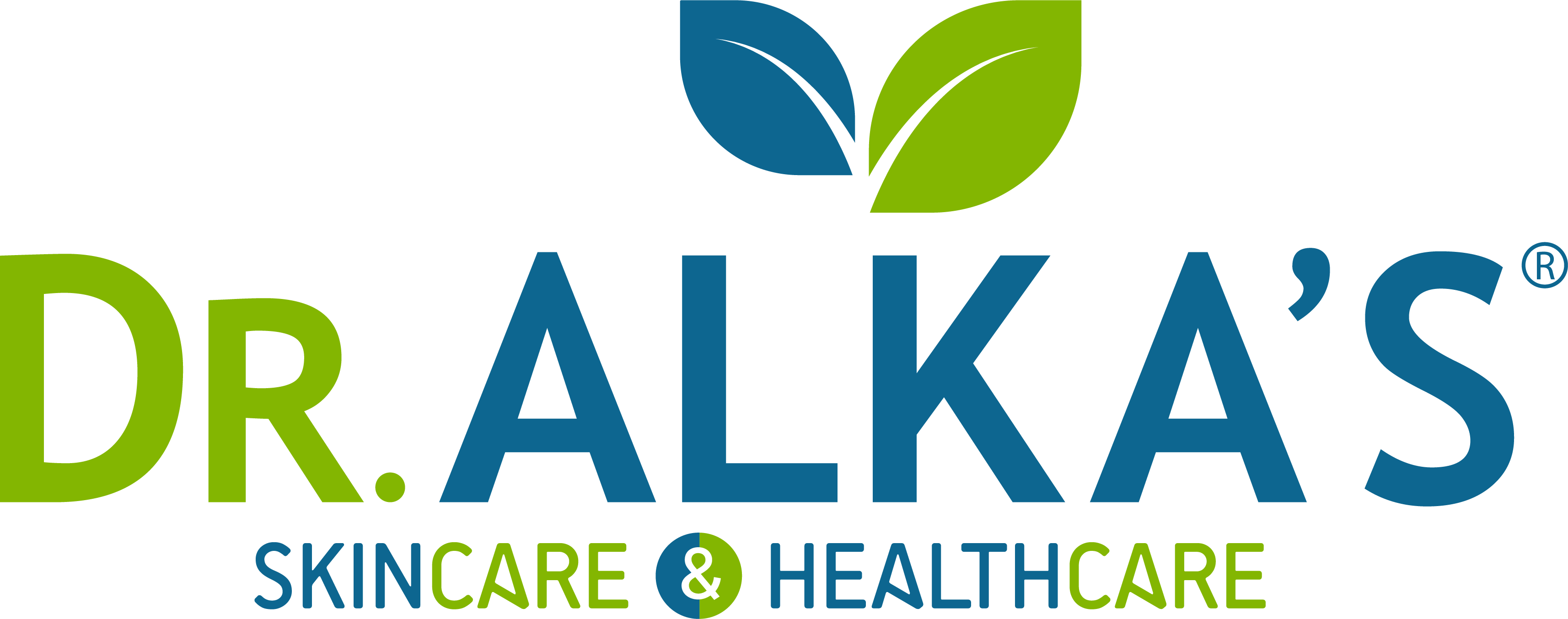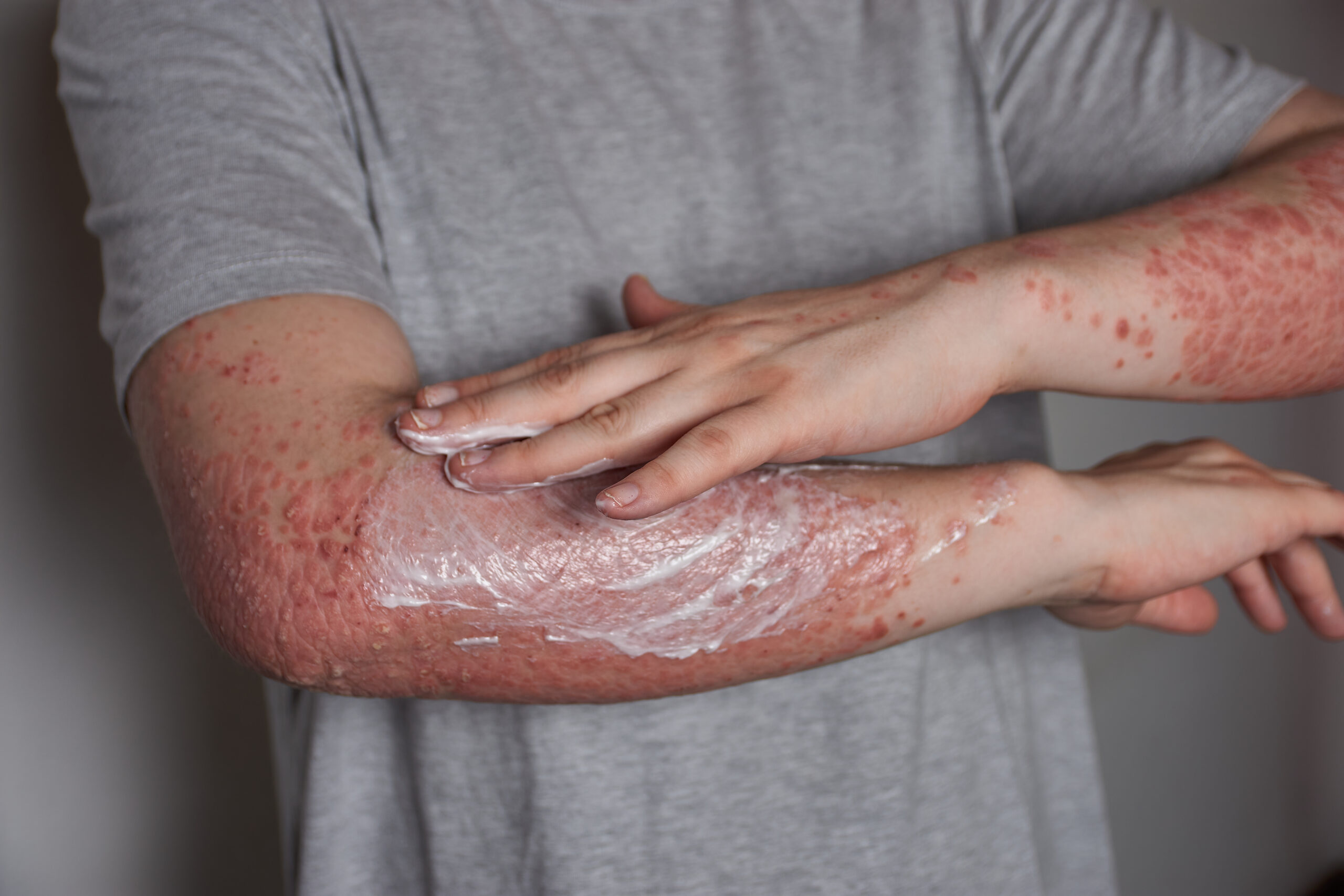The Gut-Skin Axis: How I Transformed My Patient’s Skin by Healing their Gut
In recent years, a growing body of research has spotlighted the powerful connectionbetween gut health and skin health—what’s now referred to as the gut-skin axis. But longbefore it became a buzzword, I saw firsthand how addressing gut imbalances in my patientscould lead to profound improvements in chronic skin conditions and autoimmunedisorders. Today, I’d like to share insights from my clinical experience and shed light onwhy healing from the inside out is often the key to lasting skin remission. Understanding the Gut-Skin Axis Our skin, the body’s largest organ, is often a mirror of internal health. The gut and skin mayseem like separate entities, but they are intricately linked through a network of immune,endocrine, and inflammatory pathways. When the gut microbiome—the trillions of bacteria, fungi, and microbes in our digestivetract—is in balance, it plays a vital role in
Understanding Skin Conditions & Rashes: Types, Causes, and Treatment
IntroductionSkin conditions and rashes can appear in various forms, from mild irritations to chronic ailments that require specialized care. Identifying the type and cause of a skin condition is key to effective treatment. In this post, we’ll explore common skin conditions, their causes, symptoms, and possible treatment options. Table of Contents Types of Skin Conditions and Rashes Common Causes Symptoms to Look Out For Treatment and Prevention When to See a Dermatologist Types of Skin Conditions and RashesDifferent skin conditions present in unique ways, and understanding the symptoms can guide you in seeking proper care. Some common types include: Eczema: A chronic condition causing itchy, inflamed skin. It often occurs in response to irritants or allergens. Psoriasis: Characterized by scaly, red patches, psoriasis is an autoimmune disorder where skin cells multiply faster than usual
Understanding Alopecia Areata: Causes, Symptoms, and Treatment
Alopecia Areata is an autoimmune condition that causes hair loss, typically in small, round patches on the scalp and other areas of the body. At Dr. Alka’s clinic, we specialize in diagnosing and treating hair and scalp disorders, offering personalized solutions for those affected by alopecia areata. What is Alopecia Areata? Alopecia Areata occurs when the body’s immune system mistakenly attacks hair follicles, resulting in hair loss. While it can affect anyone, alopecia areata often begins in childhood or adolescence. The condition can progress unpredictably, with some people experiencing regrowth while others may have recurring hair loss episodes. Causes of Alopecia Areata The exact cause of alopecia areata is not fully understood, but it is known to be an autoimmune disorder. The body’s immune system attacks healthy hair follicles, causing them to shrink and stop producing hair.
Understanding Rosacea: Causes, Symptoms, and Treatment
What is Rosacea? Rosacea is a common skin condition that usually begins with a tendency to blush or flush more easily than others. Over time, the redness may spread beyond the nose and cheeks to the forehead and chin, and in some cases, even the ears, chest, and back. While rosacea can affect anyone, it is most common in middle-aged women with fair skin. Causes of Rosacea The exact cause of rosacea remains unclear, but it is believed to be a combination of genetic and environmental factors. Various triggers can cause rosacea flare-ups, including: Sun exposure: UV rays can trigger redness and irritation. Extreme temperatures: Hot weather, cold weather, or wind can worsen symptoms. Stress: Emotional stress is a known trigger for rosacea. Certain foods and beverages: Spicy foods, alcohol, and hot drinks may trigger flare-ups. Skin care products: Harsh or irritating products can aggravate ro





